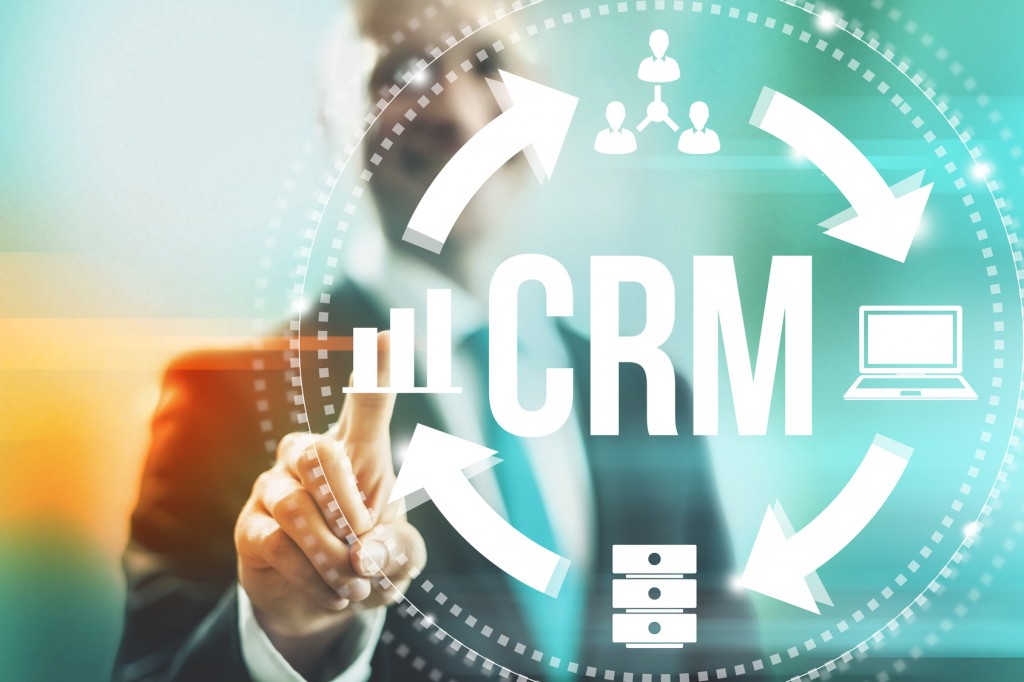
First Define the Needs & Goals of Your Nonprofit
What are you looking for in your CRM platform? What areas of your nonprofit are you struggling to maintain, and where have you messed up recently? Maybe you've sent multiple fundraising requests to the same donor, or perhaps you deleted a volunteer's hour log. Thinking about the areas that you need to improve helps you identify what you're looking for in a classy Salesforce integration program.
You should also think about where you envision your nonprofit in the next ten years. Do you expect to expand your main location, and are you thinking about opening another branch? Do you want to rapidly expand your network of donors and volunteers? As your nonprofit grows, you need a higher-quality CRM to manage all this data.
Consider How User-Friendly It Is
You're not the only person who is going to use your CRM, and most of your employees and volunteers are not RE software integration experts. The best CRM is easy to use no matter what level of access you have to the database. Features such as automatic saving, automatic formatting, and spellchecking are some of the top user-friendly amenities.
Think About Your Budget
Unless you've had a very generous gift-giving year, you probably don't have a lot of money to spend on your CRM. On the other hand, if you buy a platform that's too cheap, it won't be useful. Consult with your accountants and IT team about how much you can invest in your new CRM platform, and then determine which platform is the wisest purchase.
Assess Your Skill Level
Many CRMs allow you to customize certain features to match your brand or needs. While this ability is great if you're experienced at web design, it's a headache when you just want the platform to run automatically. Talk to each CRM platform's developer about how easy it is to start the program relative to your skill level. Don't be afraid to call your IT department or the manufacturer for help as you start setting it up.
Determine Its Mobile Capabilities
Your employees and volunteers don't have the same computer as you, and they probably want to clock in or contact donors from their phones. As a result, your CRM must be optimized for many interfaces. Ask for examples of how your potential CRM platform looks on an iPhone, Samsung phone, and other common smartphones. You should also ensure that it's compatible with iPads, tablets, Macs, HP computers, and other devices that your workers use.
To speed up your CRM decision-making process without sacrificing your choice's quality, take these five factors into account.









